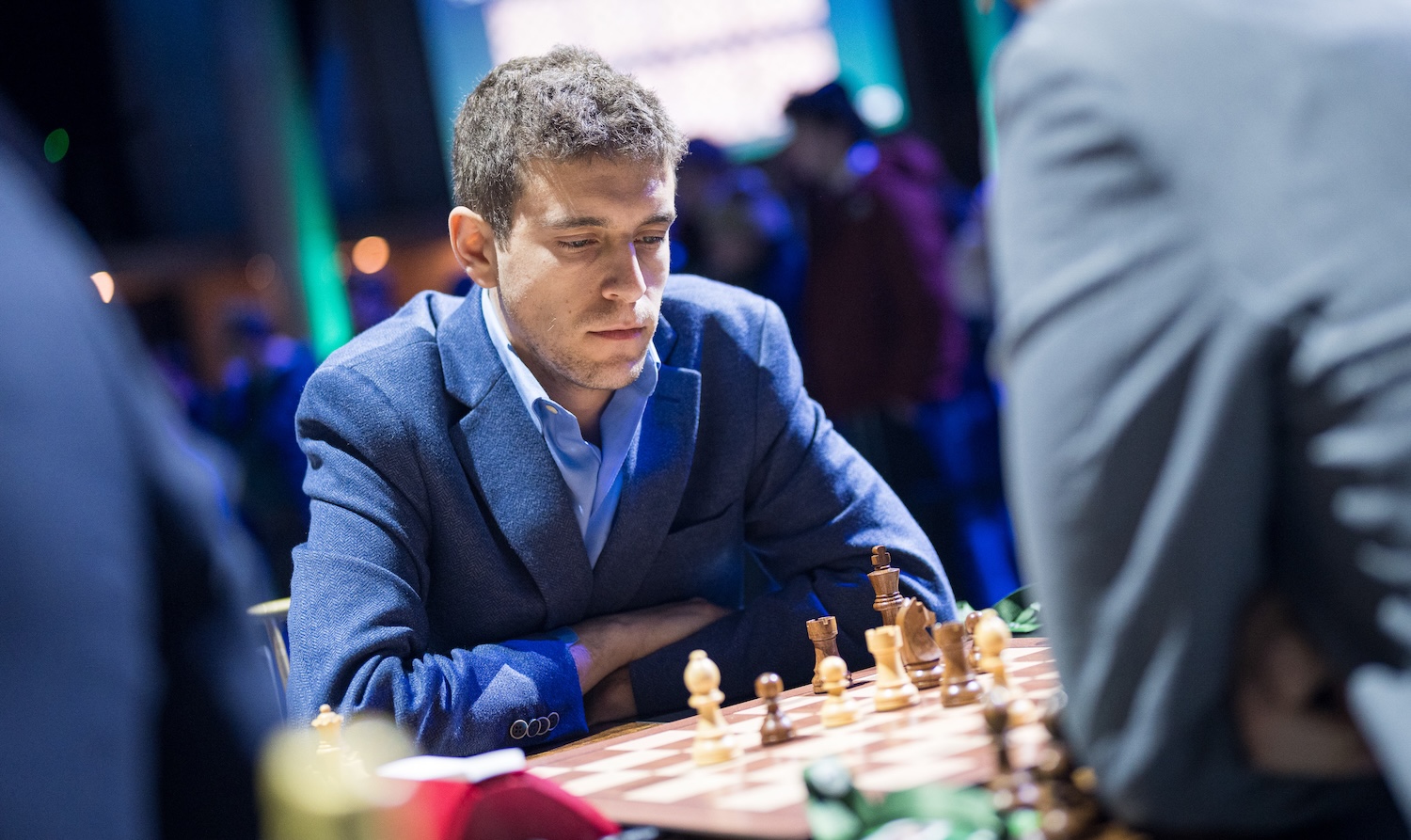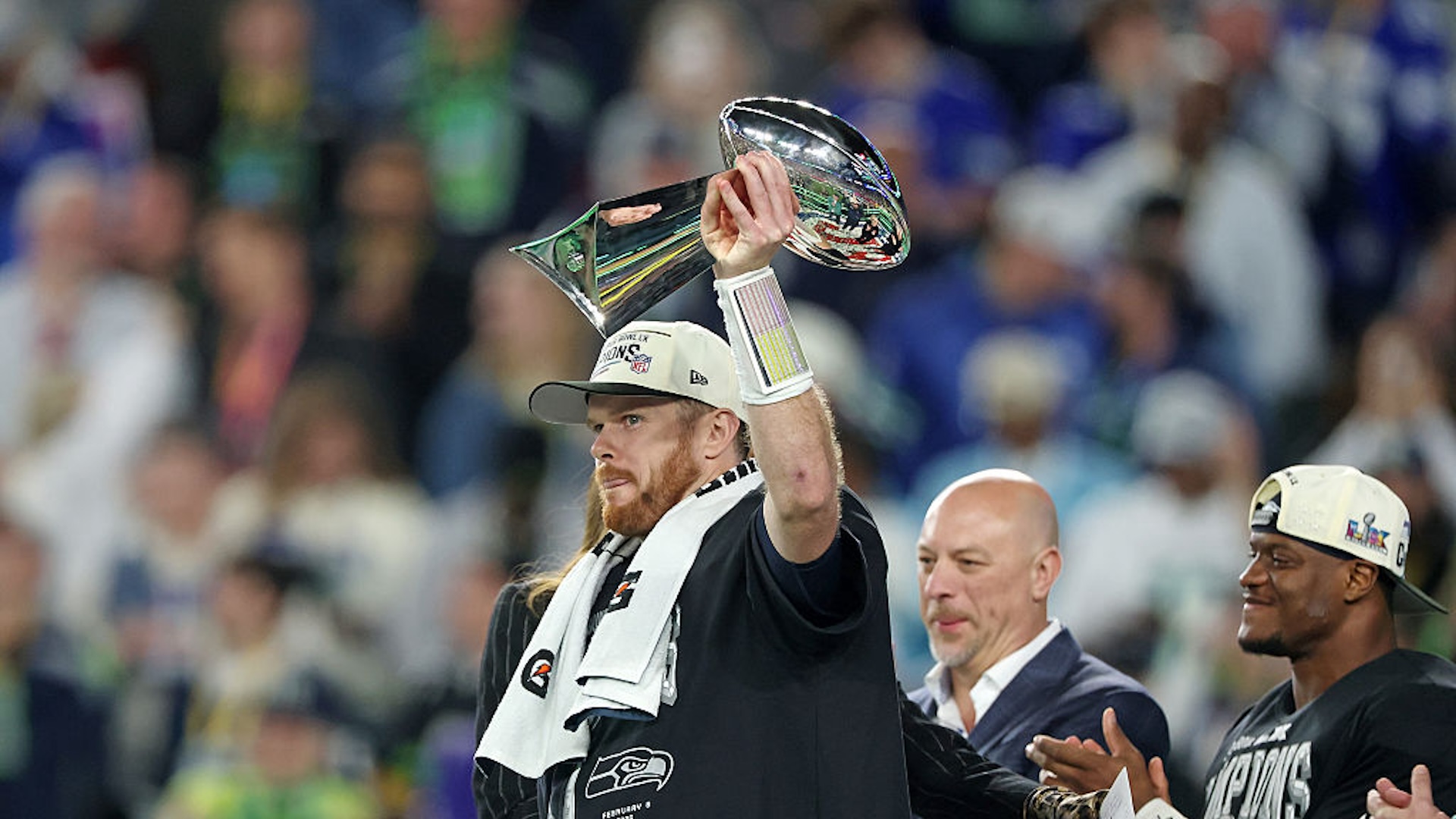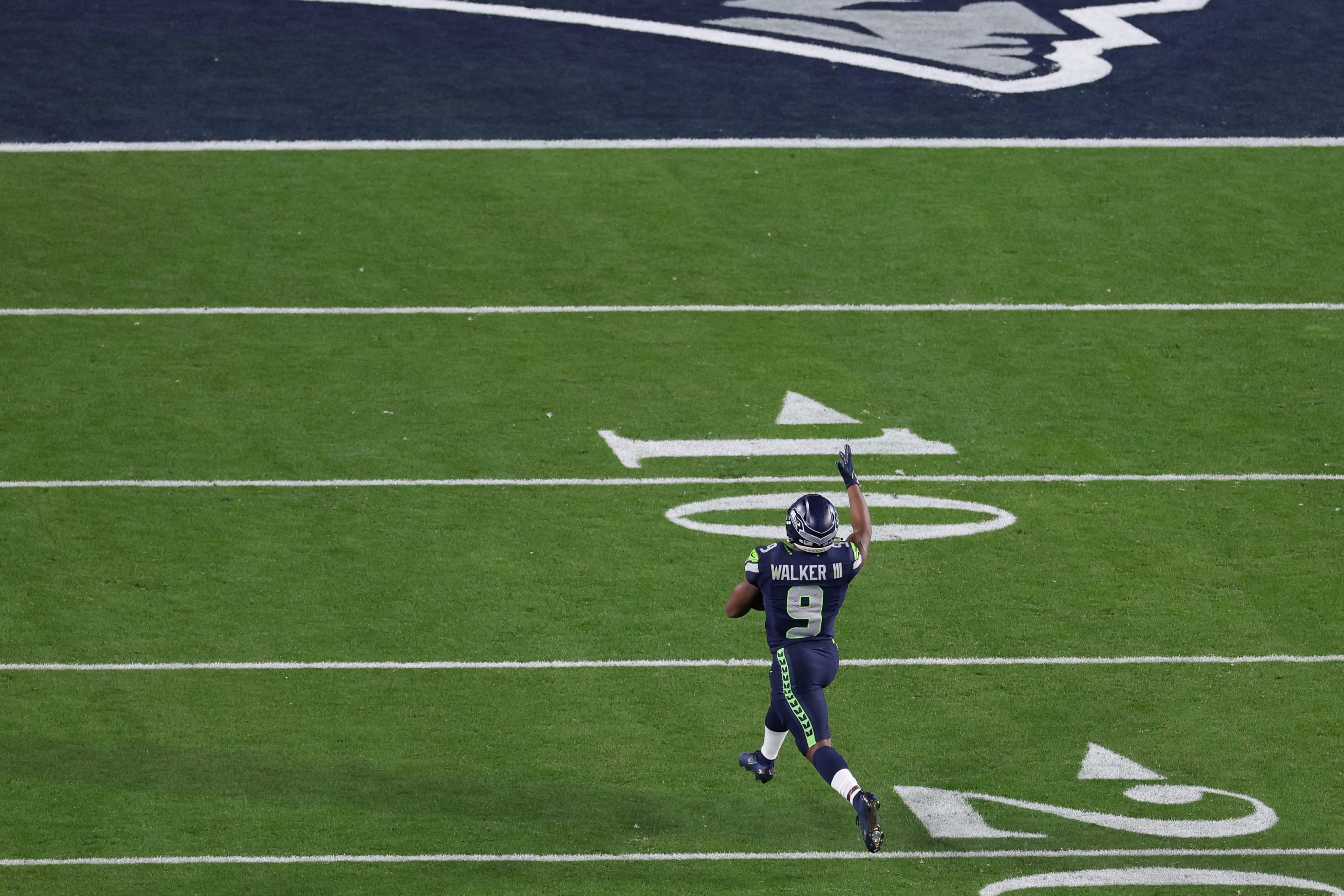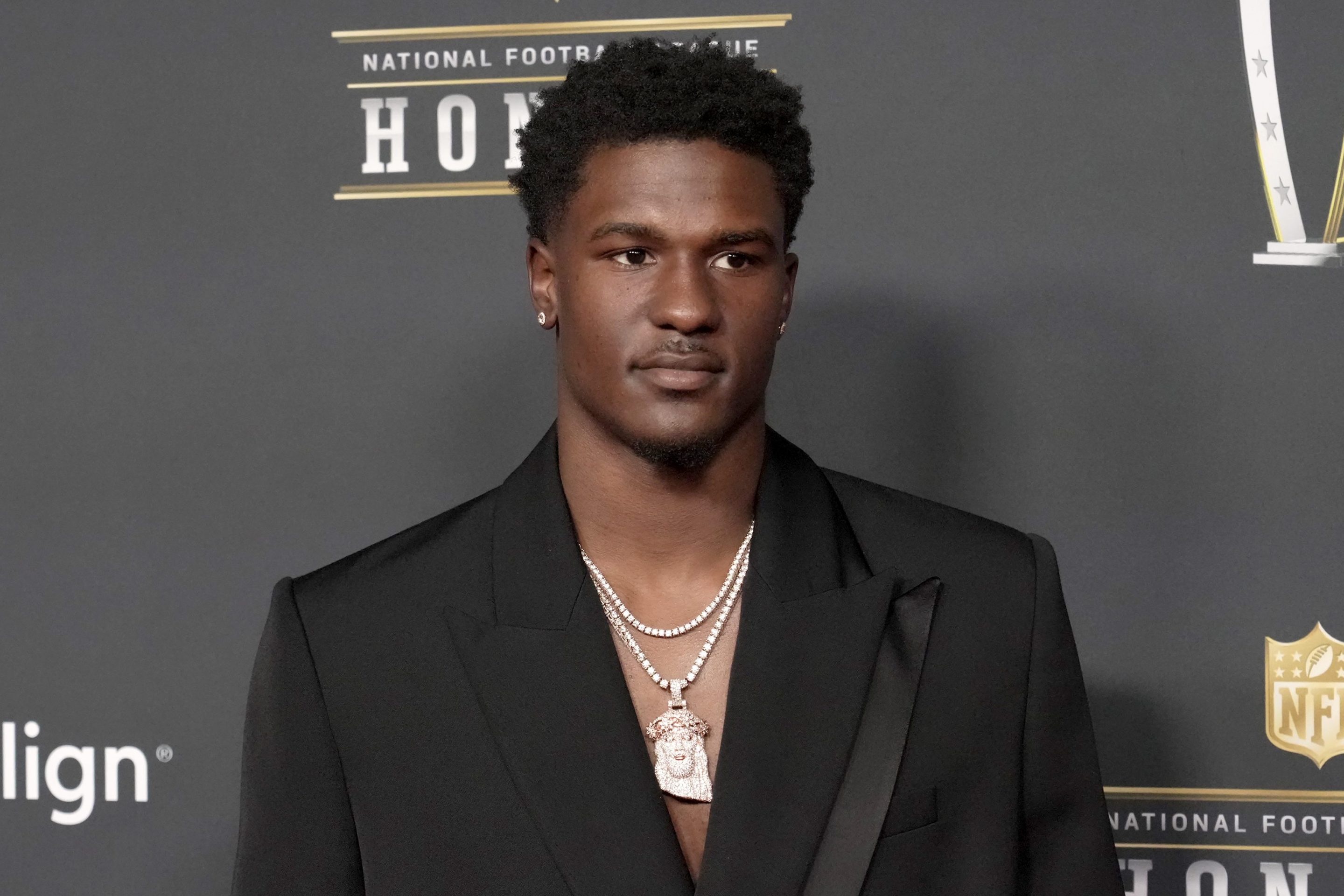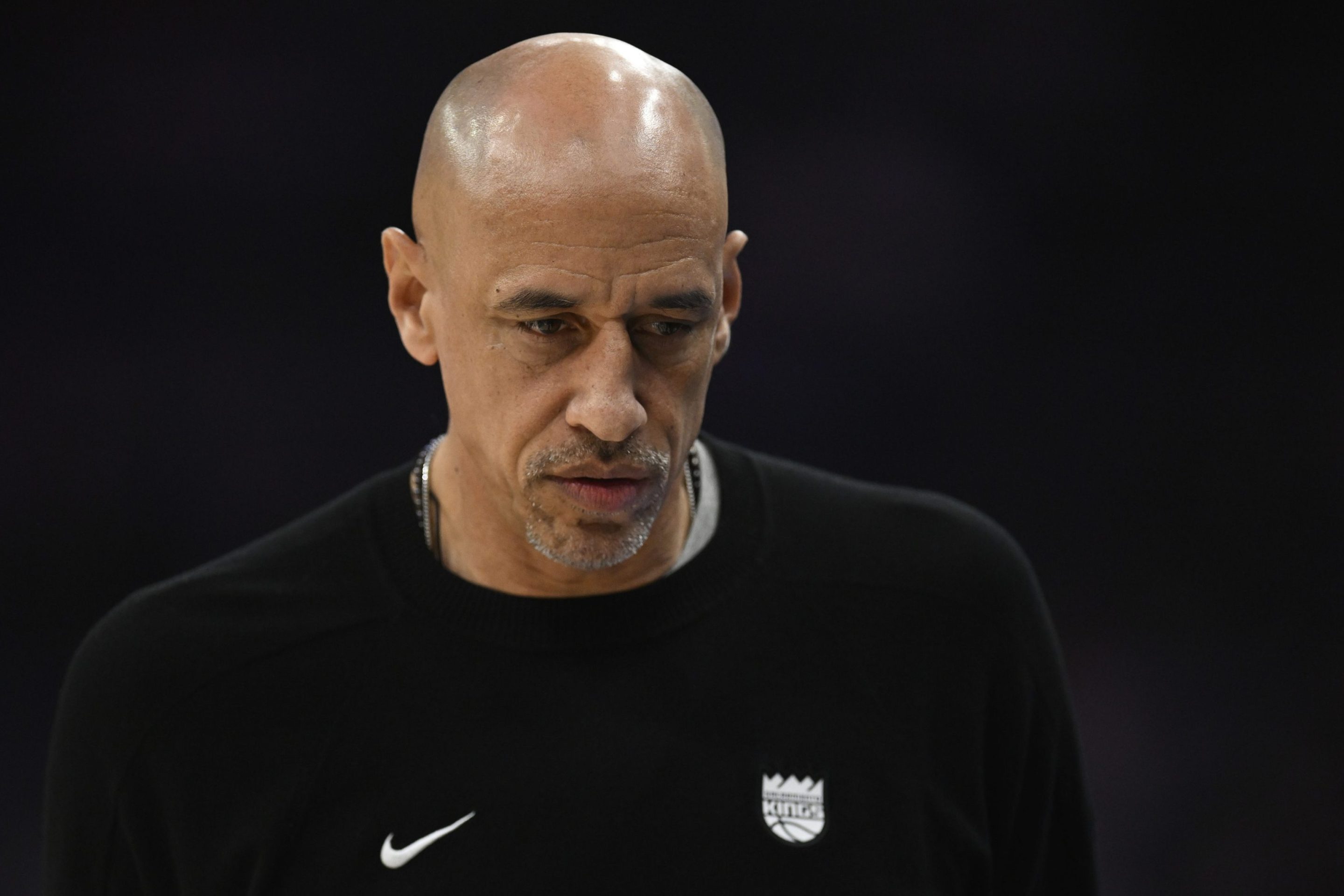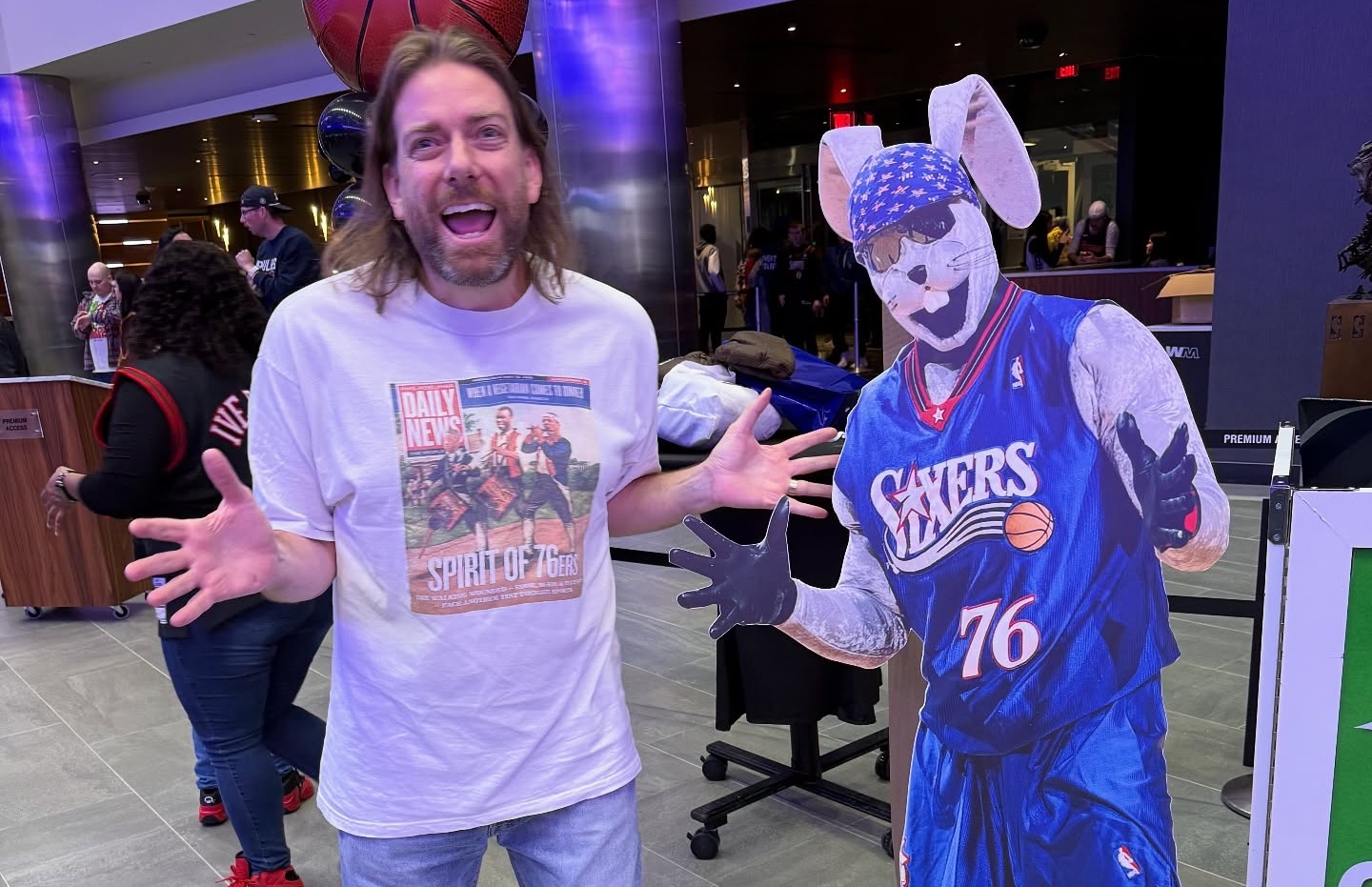On Oct. 19, American chess grandmaster Daniel Naroditsky was found dead in his Charlotte, N.C. home. He was a few weeks shy of his 30th birthday, and his death, which police say is being investigated as a possible overdose or suicide, has rocked the chess world. The U.S. Chess Championships held a moment of silence in his memory, tributes poured in from every corner of the chess community, and International Chess Federation (FIDE) president Arkady Dvorkovich announced that his organization would establish a special prize in Naroditsky's honor. Making sense of such a tragedy is necessarily a delicate process, but in this case, it's particularly difficult because of the nasty, internecine campaign that former world chess champion Vladimir Kramnik, who Naroditsky idolized, had been waging against the young grandmaster.
Naroditsky was a particularly beloved member of the chess community. His parents emigrated from the Soviet Union and raised him in the Bay Area, where he first made a name for himself before bursting onto the international scene when he won the U-12 World Championships. The championship win earned him the title of Master, and he ascended smoothly to International Master and Grandmaster by the time he was 18. Naroditsky regularly partook in U.S. Chess Championships, once beating top American player Fabiano Caruana, but his specialty was the fastest forms of chess on offer, and he was a distinguished player in blitz, bullet, and hyperbullet formats.
Naroditsky was a great player, but he was perhaps more notable as one of the great chess communicators of his age, a time when the game's pandemic-era boom revolutionized the bounds of the format. Here was a player who could explain the finer points of the game to people in comprehensible language, without resorting to the super-inflated voice otherwise endemic to video platforms; that voice is omnipresent even in the supposedly erudite world of chess, though never from Naroditsky. He was writing chess books as a teenager, broadcasting the game to millions on Twitch and YouTube post-2020, writing the New York Times chess column, and commentating on broadcasts of big-time chess tournaments like the World Championships.
If you were even remotely paying attention to chess on the internet, you were probably encountering Naroditsky's commentary. If you were paying closer attention over the past year, you may have noticed an increasingly haggard Naroditsky, as he was contending with what seemed like extremely spurious cheating allegations leveled at him by Vladimir Kramnik, former world champion and Naroditsky's boyhood idol.
Kramnik is, to put it mildly, a colorful figure in a sport almost exclusively populated with such people. He was the player who dethroned Garry Kasparov in 2000, and he held one and then both world titles until Viswanathan Anand beat him in 2007. In 2006, at a tournament held to unify the classical and FIDE titles, Kramnik's opponent Veselin Topalov accused him of cheating. Per Topalov's team, Kramnik was taking roughly 50 bathroom breaks per game, which they said he was using to consult a chess engine. He forfeited one of the games and eventually won, and while nothing was ever proven, Topalov's team maintained their claims.
In the past few years, Kramnik has accused many of the world's best players of cheating without any evidence. Where Naroditsky made the most of the online chess boom by playing a ton and teaching people about the game, Kramnik retreated into paranoia and suspicion, freaking out while losing to teenagers on stream and claiming that good players he was losing to were cheating. He made a big stink about boycotting Chess.com in 2023 because the platform was full of "too many obvious cheaters," ranks that included Hikaru Nakamura, perhaps the biggest chess streamer in the world; Ian Nepomniatchi, two-time world championship challenger; and Czech grandmaster David Navara, who said he struggled with Kramnik's accusations to the point of suicidal ideation. Kramnik's main target, however, was Naroditsky.
"I'm not accusing," Kramnik said in a video where he insinuated that Naroditsky's eye movements showed he was looking at a chess engine on a different screen. "I'm just asking questions." Naroditsky took the accusation hard, first treating Kramnik with deference and respect before Kramnik's fixation forced him to defended himself more vociferously. He went on a Russian chess program (he was fluent) and dismissed the accusations, and he made a lengthy, extremely respectful post on Reddit denying Kramnik's accusations in great detail:
I trust him in his assertion that he does not intend his non-accusations personally, and I will reciprocate by trying, as much as possible, to keep my own discussion on this topic as civil and specific as possible. My respect for him as a player and for his contributions to the game are made clear many times. I do not claim to be nearly at his level in terms of chess play or understanding (I suppose in this I disagree with Vladimir himself), but it does not make any of his insinuations any more true or any less absurd, and more importantly, they are wrong.
Kramnik only got nastier. He was posting all kinds of stuff on YouTube, and kept needling Naroditsky in an increasingly incoherent boomer style across other platforms.
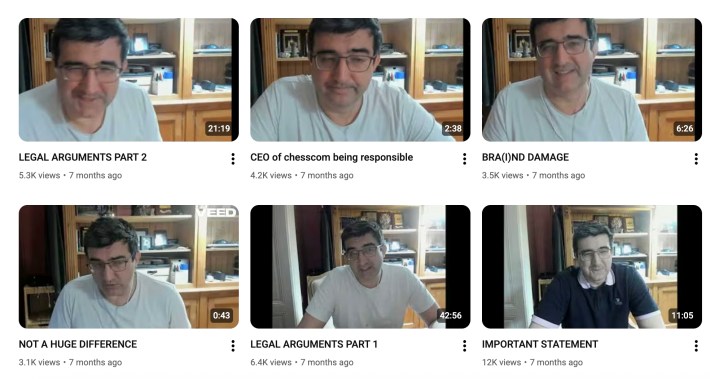
It took a toll on Naroditsky, who, it should be stressed, never raised even the faintest suspicions of cheating from anyone who was not getting a little too nutty on YouTube. He went on Caruana's podcast and said, of Kramnik, "He is trying to ruin my life, he's trying to inflict emotional harm, physical harm on me. He knows exactly what he's doing." Naroditsky spoke to Levy Rozman in December 2024, saying, "To do what Kramnik has done and what everybody who supports him have done, in my mind, morally, it makes you worse than dirt," and called Kramnik's supporters "troglodyte lowlifes." In his final livestream two days before his death, Naroditsky seemed extremely stressed and fatigued, appearing to fall asleep at one point. "Ever since the Kramnik stuff, I feel like if I start doing well, people assume the worst of intentions," he said. "The issue is just the lingering effect of it."
All you have in chess is your reputation. The combat on the board is a representation of innumerable little calculations both players are making in their heads, and the private intelligence necessary to be a top player in the world requires immense focus. Maintaining a status as an elite player is necessarily, almost definitionally stressful for anyone, especially at the highest level where winning and losing are a matter both of having the superior memory but also being able to calculate dozens of moves into the future. There are no highlight reels that showcase this work, no proof of the mental strain, just moves on a board. It's all invisible. To call the legitimacy of a player's solemn focus into question is to attack them at the most basic possible level. If you don't have that, a cheating accusation implies, you don't have anything.
After Naroditsky's death, the chess world's grief turned to anger towards Kramnik. "Kramnik can go fuck himself and he can go rot in hell," said Nakamura on stream. Magnus Carlsen, himself no stranger to accusing people of cheating, said "the way [Kramnik] was going after Naroditsky was horrible." Indian grandmaster Nihal Sarin was both the final player Naroditsky played on stream and also the subject of baseless harassment from Kramnik, and he was harshest of all. "He has kind of literally taken a life," he told the Indian Express. "There was nothing more important to Daniel than his dignity and his name as a chess player. And the ex-world champion was trying to say he was a cheater," Naroditsky's mother the told the Daily Mail. "Daniel tried to defend himself so much. He played more and did more and more because he was trying to prove that he’s not what he was accused of."
FIDE announced that it would investigate Kramnik's claims, while the former world champion remains as defiant as ever, filing a civil complaint with Swiss authorities over threats he received after Naroditsky's death. He released a contradiction-riddled statement, going so far as to claim that he was the "only person" to notice Narodistky was not doing well. Surely FIDE will take some disciplinary action towards Kramnik; whatever accusations he makes against players in the future, if he ever gets back to playing online tournaments, will fall on deaf ears, though he is a retired player with nothing to lose. Everyone who loved Daniel Naroditsky or even watched his work as a commentator, meanwhile, will have to pick up the pieces and make sense of the chess world after his death.
